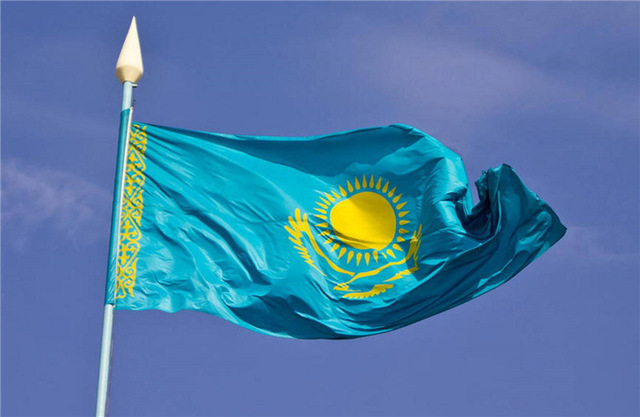The second international BI Group Ironman 70.3 Astana 2019 will be held July 12-14 in the capital, reported the company’s press service. Approximately 1,400 participants from 50 countries have registered for the competition, including professional triathletes Tim Don, Nils Fromhold, Radka Kahlefeldt and Olympic cycling champion and Astana Team general manager Alexander Vinokurov. “Over the past few years, triathlon has become increasingly popular and this sports event in Nur-Sultan proves it. The first triathlon won the global athlete satisfaction award in the best new events 2018 category,” reads the release from the company.
The Visa Everywhere Initiative announced its winners July 2 at the Astana International Financial Centre (AIFC) Fintech Hub. The list included Nebank.kz and reKassa (Kazakhstan), NumbaPay (Kyrgyzstan), LendingStar (Singapore) and Marta (Uzbekistan). Twenty teams from Kazakhstan, Kyrgyzstan, Singapore, Russia and Uzbekistan presented working prototypes and detailed business models. The jury was composed of fintech experts and representatives from ABC-I2BF Seed Fund, Alfa-Bank, First Credit Bureau, Halyk Bank and Visa. Projects were presented in financial literacy and services for small and medium businesses, new technologies and insurance products. “We are very pleased with the results of the programme with Visa. We are especially happy with the high evaluation of the programme by participant start-ups, mentors and partners. For us, this is a confirmation that we correctly chose the direction, which is support for young innovative companies that will bring the change and fundamental improvements in the financial services of the country and the region,” said AIFC CEO Nurlan Kussainov.
The Almaty, Kostanai and Pavlodar regions transferred to digital on-air broadcasting July 1 by completely disconnecting analogue television, according to Kazinform. Approximately 178 radio and television stations were built and modernised and 1,755 villages and towns switched to the new quality format. Ninety radio-technical stations were commissioned in the Almaty Region, while 59 in the Kostanai Region and 29 in the Pavlodar Region were built or modernised. Digital broadcasting now covers 4,255 villages and towns in the country. Up to 15 TV channels area available for village residents and up to 30 for those in regional centres and nearby areas.
Khabar TV channel presented “Bekzat,” a film about boxer Bekzat Sattarkhanov, who won gold at the 2000 Summer Olympics in Sydney. The documentary, directed by Murat Bidosov, will be released in theatres in October. The story follows three stages of Sattarkhanov’s life – his childhood, sports career and last moments before his tragic death in a car accident. Filming was completed in Almaty, Istanbul and Turkestan. Actor Samat Azimkulov, who plays the lead, is a two-time Kazakh kickboxing champion. The cast also includes Dulyga Akmolda, Maira Makulbekova, Kuanysh Mukatai, Galymbek Ospanov, Bakdaulet Shaimakhan and Murat Zharylkasynov. “When he was 20, he did everything for his country. Films about him will be popular. Bekzat is a role model for young Kazakh people. The youth should know about his values, respect for elders, patriotism, commitment and efforts,” said his father, Salekhan Sattarkhanov.
KazWaste Association for Waste Management will involve approximately four million people in four or five major Kazakh cities within three years in a project for separate waste collection. Launched in cooperation with the Coca-Cola Foundation, the project will increase the share of plastic waste collection for further processing. Kazakhstan is the first country in the Caucasus and Central Asia to legislate waste disposal measures and, in the past three years, the level of waste recycling in the country has increased from 2 to 12 percent. “The concept involves several areas and working with processors to determine the best ways to collect and transport waste is one of them. Transportation of collected plastic is expensive, because it is light and it needs to be compressed. We will work to create hubs for collection and pressing of plastic to continue delivery to manufacturers,” said Alexandra Akkirman, Coca-Cola Company public affairs and communications manager for the Caucasus and Central Asia region.

